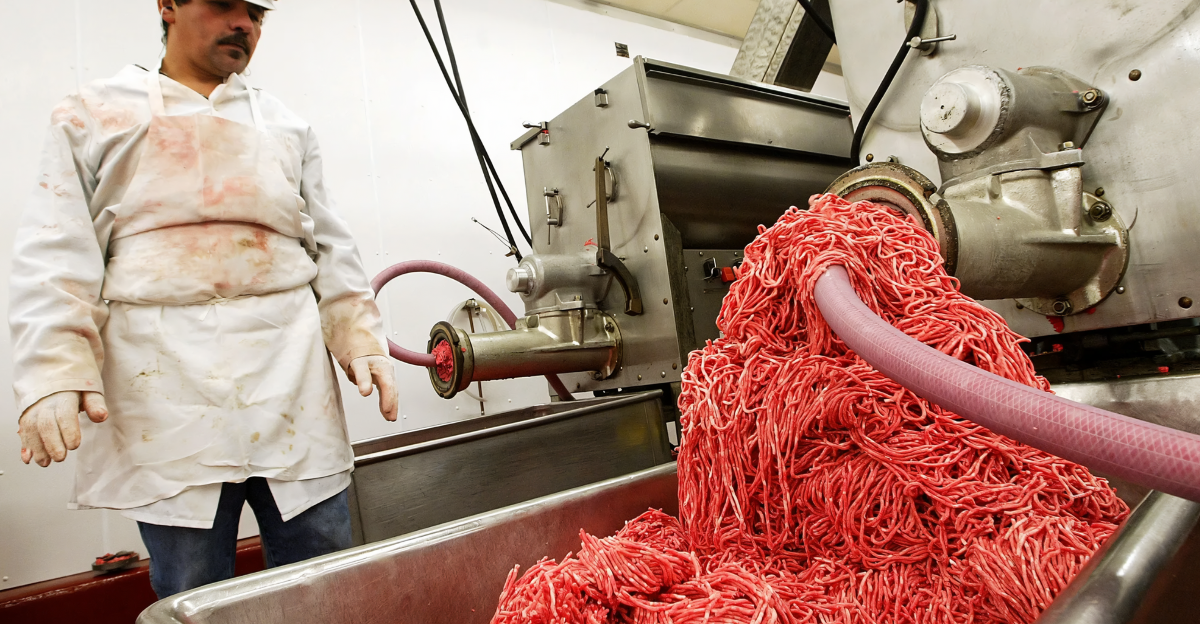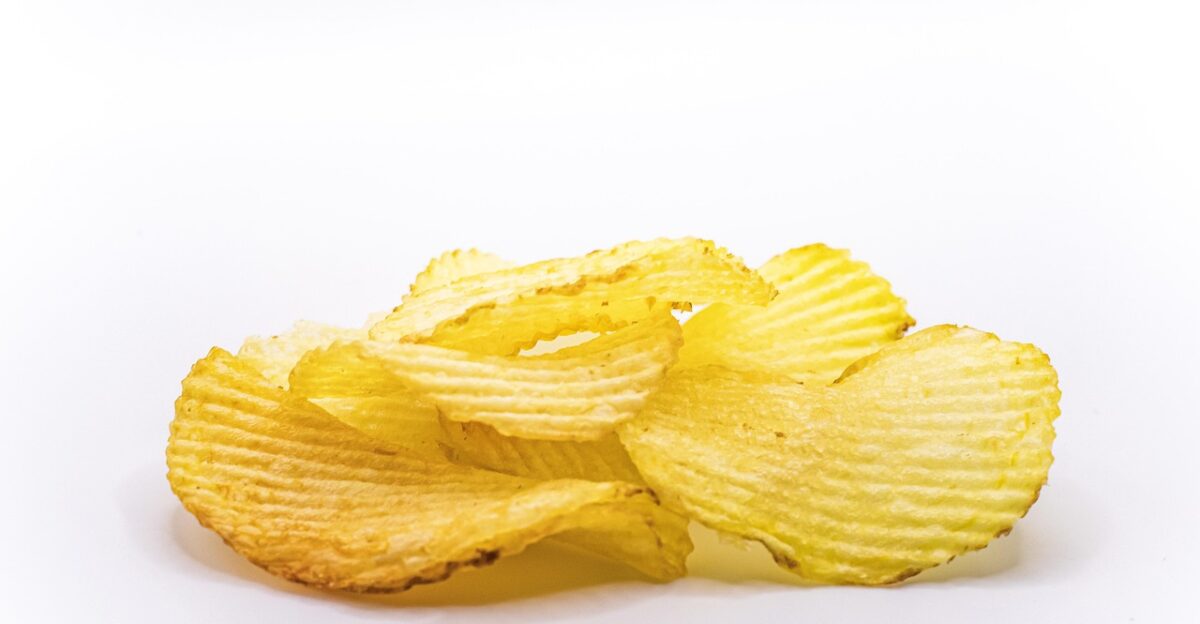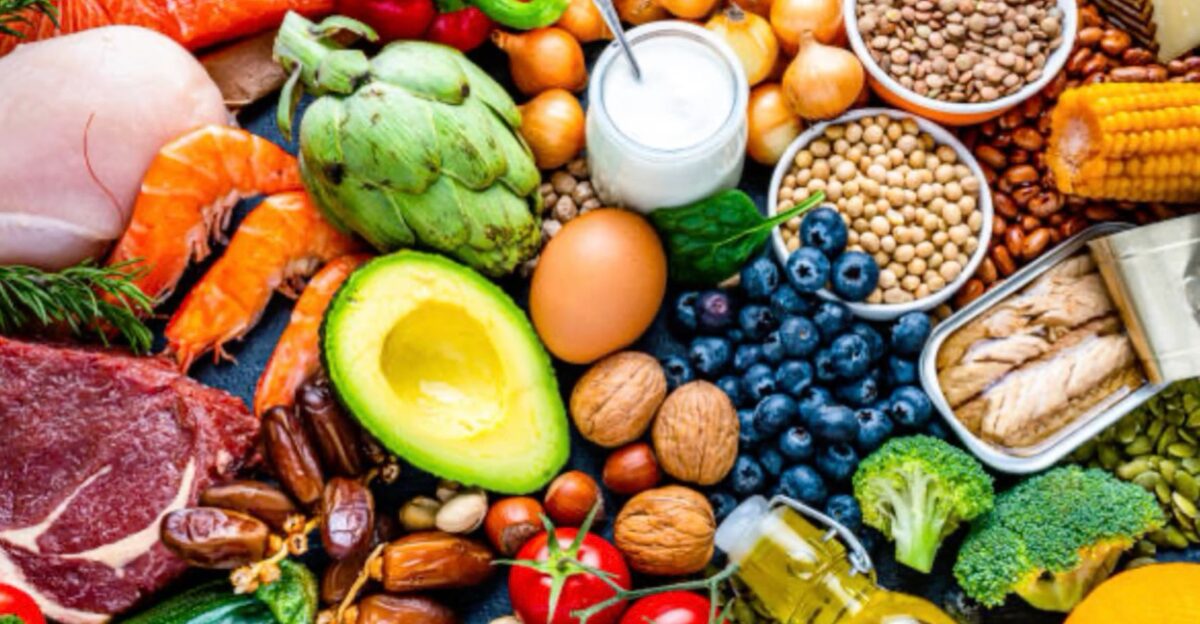
Ultraprocessed foods are industrially manufactured items made mostly from substances not commonly used in home cooking, such as hydrogenated oils, artificial flavors, and modified starches. These foods often contain little or no intact whole food and are designed for shelf life and taste, not nutrition.
Researchers define them using the NOVA food classification system, which categorizes them as products of industrial formulations with additives that mimic or enhance sensory qualities.
Why Health Experts Are Paying Attention

Several large-scale studies suggest that high intake of ultraprocessed foods is associated with an increased risk of obesity, cardiovascular disease, type 2 diabetes, and early death. A 2019 study published in The BMJ found that higher consumption was linked to a 62% increased risk of all-cause mortality.
These foods are typically high in sodium, added sugars, and unhealthy fats, while low in fiber, protein, and essential micronutrients (Srour et al., The BMJ, 2019).
Processed Meats (e.g., Hot Dogs, Bacon, Deli Slices)

Processed meats, such as bacon, sausages, ham, and deli meats, are preserved through salting, curing, fermentation, or smoking. The World Health Organization has classified processed meat as a Group 1 carcinogen, indicating sufficient evidence that it causes colorectal cancer. These meats might contain nitrites and nitrates, which may form carcinogenic compounds in the body.
Sugar-Sweetened Beverages (Sodas, Fruit Drinks)

Regular sodas, sweetened teas, and fruit drinks are among the top sources of added sugars in modern diets. A study by the Harvard T.H. Chan School of Public Health found that individuals who consumed one or more sugary drinks per day had a 26% greater risk of developing type 2 diabetes compared to those who rarely consumed them.
These beverages also contribute to obesity and heart disease due to their high caloric content and lack of satiety.
Artificially Sweetened Beverages (Diet Sodas, Light Drinks)

While calorie-free, artificially sweetened beverages may not be entirely risk-free. A 2019 study in JAMA Internal Medicine reported that higher consumption of artificially sweetened drinks was associated with increased all-cause mortality. The mechanisms remain under investigation but may involve metabolic effects or changes to gut microbiota.
Packaged Snack Foods (Chips, Crackers, Puffs)

Chips, crackers, and other salty snacks are typically high in sodium and refined carbohydrates, with additives like flavor enhancers and preservatives. According to the CDC, over 70% of the sodium in the average American diet comes from processed and restaurant foods, including packaged snacks. Excess sodium intake contributes to high blood pressure and cardiovascular risk.
Packaged Baked Goods (Cookies, Cakes, Muffins)

These shelf-stable treats often contain a mix of added sugars, refined flours, and trans or saturated fats.
The American Heart Association warns that consuming high levels of added sugars and saturated fats can contribute to weight gain and increased risk of heart disease. Many also contain preservatives and emulsifiers to extend shelf life and enhance texture.
Ice Cream and Frozen Dairy Desserts

Many frozen dairy desserts contain high sugar levels, saturated fats, and stabilizing agents like carrageenan or mono- and diglycerides. A 2019 review published in Nutrients found that regular consumption of high-sugar dairy products may increase the risk of insulin resistance, obesity, and metabolic syndrome.
Instant Noodles and Ready-to-Eat Meals

These convenience meals often include flavor packets high in sodium, MSG, and artificial additives.
The World Health Organization states that a high-sodium diet is one of the leading dietary risk factors for death and disability worldwide. Instant noodles also tend to be low in fiber and protein, contributing little to overall diet quality.
Sweetened Breakfast Cereals

Many breakfast cereals—especially those targeted at children—contain large amounts of added sugars and artificial colorings. The Environmental Working Group found that some cereals contain over 50% sugar. Even cereals labeled as “whole grain” may include flavorings, sweeteners, and synthetic vitamins to enhance taste and appearance.
Confectionery (Candy, Chocolate Bars, Gummies)

Confectionery products are typically high in added sugars, refined fats, and artificial dyes. The U.S. Food and Drug Administration has reviewed certain synthetic dyes for safety, but some studies suggest links between artificial food coloring and behavioral issues in children. These foods also offer little nutritional value while contributing to high calorie intake.
Reducing Exposure Matters

While it’s not necessary to eliminate ultraprocessed foods entirely, evidence suggests that reducing consumption can support better health. Experts recommend replacing them with whole, minimally processed foods like fruits, vegetables, legumes, whole grains, and lean proteins. Even small reductions in intake have been linked to measurable health benefits over time.
